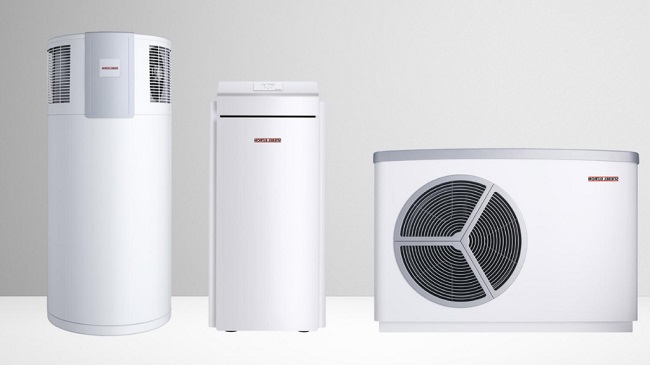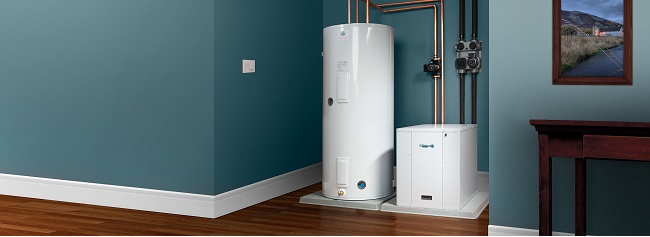If you’re looking to reduce your energy bills and lower your monthly expenses, it might be time to consider replacing your hot water tank with a new hot water heat pump. While these systems may seem like an expensive purchase, in the long run, they can save you money by reducing your monthly energy bill. Here are some ways that a Hot Water Heat Pump can help you save money on your heating and cooling bills every month.
How Do Hot Water Heat Pumps Work?
Hot Water Heat Pump use electricity to make your existing hot water tank work harder. This can be an extremely efficient and cost-effective method of providing hot water for your home. If you have a heat pump installed in your home, it is worthwhile to consider adding a second tank or changing out your current storage tank for one that is compatible with your system. Either way, hot water heat pumps can help you save money by lowering both energy bills and repair costs over time.

Electric Hot Water Heat Pump Vs. Gas Hot Water Heat Pump
For most people, a hot water heat pump is more of an investment inconvenience than anything else. It makes your life easier—because you won’t have to think about heating up water ever again—but it doesn’t save you money over time. (At least, not usually.) By and large, gas-powered hot water heat pump cost less to operate over time because they cost much less to operate each year. If a system is $2,000 or more expensive than a traditional heater but costs only $50 or so more per year to run, it could be 20 years before you break even in terms of money saved versus traditional models.
How Much Do They Cost To Run?
A hot water heat pump costs roughly twice as much to install as a traditional water heater, but it can easily make up for that difference in energy savings. According to Energy Star, when replacing an older electric or gas-fired hot water heater with a high-efficiency model, you could save up to $300 per year in energy costs. A hot water heat pump will also help cut down your carbon footprint. For example, natural gas generates nearly twice as many greenhouse gases as electricity. By upgrading to an electric or propane heat pump instead of a natural gas system, you can eliminate most of those harmful emissions. In addition, because cold air holds less moisture than warm air does, heating a pool with electricity uses about 75 percent less energy than heating it with natural gas!
Where Are They Used Most?
The most important factor to consider when deciding if a hot water heat pump is right for you is how much space you have outside your home. If there’s room for a large container, then go ahead and buy one. Also, if you live in an area that experiences cold winters but not extremely cold winters (below 0 degrees Fahrenheit), a hot water heat pump may be right for you because it will allow you to control your own environment without depending on natural gas lines or oil burners.
Are Hot Water Heat Pumps Worth It?
The answer to that question is not necessarily straightforward. In some cases, they may be well worth it. In others, there are other options available that may fit your home and needs better. With that in mind, here are some questions you should ask yourself before deciding whether or not a hot water heat pump is right for you.

